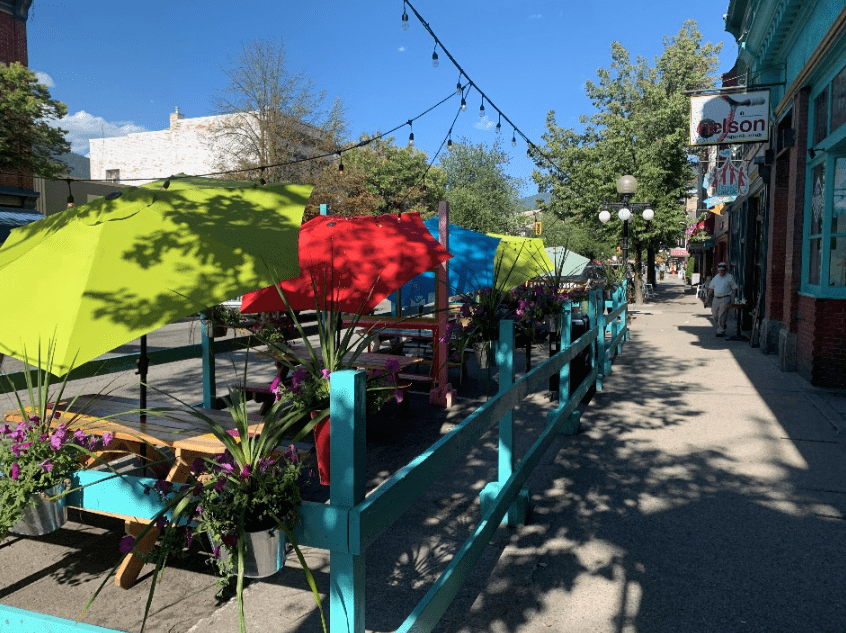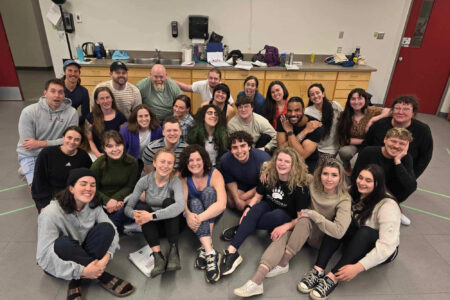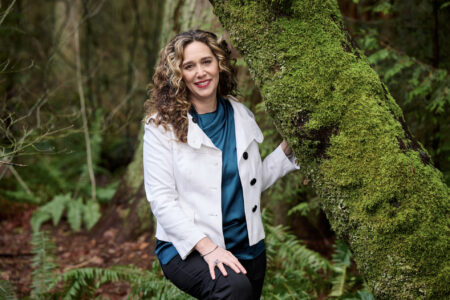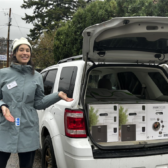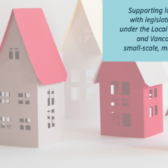Taking it outside: the way for another season on the deck in the downtown paved by new resolution
The merit of patios in the downtown was on deck for council as the need to retain the vibrancy of the Baker Street experience was debated.
A motion to extend the model of allowing sidewalk and street patios to operate for free was brought forward to city council Tuesday night during their regular monthly business meeting in council chambers.
At a request of the Nelson and District Chamber of Commerce — and in light of the ongoing pandemic and challenges for the food and beverage industry — it was moved to allow the temporary sidewalk café structures and expansion for the 2022 season to continue.
As well, council was asked to again waive the fees for the 2022 season “to help ensure that all businesses continue to thrive from having a vibrant downtown,” noted city Development Services director Sebastien Arcand in his report to council.
“In reviewing where the (regulations) are in terms of the public health officer’s order, and how things are slowly evolving, I think staff recommends that council waive the fees, but only waive the fees that they are normally allocated so if they do expand then the fees should be charged for that section,” he said.
Arcand noted that around one third of the downtown businesses with patios would like to expand beyond the allotted amount. Overall, the patio allowance works out to the loss of up to 35 parking spots in the downtown.
Late last month chamber executive director Tom Thomson said that low vaccination rates — around 78 per cent with the first dose — have excluded Nelson along with the West and East Kootenay and the Okanagan in a return to full capacity (with the proper protocols). While the rest of the province enjoys full capacity in its restaurants, theatres and sporting events, Nelson, along with the rest of Interior Health region, is still restricted.
The restrictions are having a negative impact on businesses. In the last BC Chamber of Commerce pulse check for the Kootenay region it was discovered that 21 per cent of businesses reported that they were in poor shape.
The pandemic has had a significant and even devastating impact on those small businesses with some sectors — notably tourism, food and beverage, live performance arts and theatres — not yet fully recovered.
Around 77 per cent reported operating costs increasing within the last year, while 52 per cent reported decreased sales volume and 42 per cent reported reduced staff hours. There were around 15 per cent reported as in good shape, while 35 per cent were in very good shape.
The city bylaw governing sidewalk café’s pre-Covid said a business could take its frontage — sidewalk and space on the street — and create a patio space to serve customers.
“In the bylaw we specified that you could have a larger patio provided the adjacent business was okay with it, but you could not expand your patio over additional parking,” said Arcand.
The larger patio amendment was put in as a “Covid clause,” that the director of development services could approve a larger patio if it was desired.
“So the idea would be, hopefully, we would go back to normal and we don’t have to apply that clause,” said Arcand. “If at that time council wants to explore larger patios then a conversation has to happen.”
Coun. Keith Page said the initial idea was a bit magical to have the proliferation of sidewalk café’s on Baker Street, creating more diversity on the city’s main business street.
He wanted to encourage the continuation of the smaller-scale patios, allowing what is happening now but maybe with a little more planning.
“You walk down parts of the street and (the patios) are very human scale, they are right there. You are not getting behind a fence that has glass panelling, there is not a roof over top,” he said.
“It just feels like the street is alive, not the restaurants exploding (into the street). The interaction just feels right.”
Within the proposed amendment there was provision to scale back expanded patios during the shoulder season to ensure the space would not sit empty, and could then be turned over to parking.
However, the division did not sit well with Coun. Janice Morrison.
“To me, the concept is if I design my patio so that it looks nice … that I would like to see that the work put in to do that design, that has now worked for two years, to stay in place,” she said.
Arcand said what is being proposed does not change anything.
“What we are saying is you can continue with your temporary patio or whatever set up you had in the last two years if you want … we are giving you another year,” he said.
“If you want to transition to a more permanent patio you can do that as well.”
What the city was trying to discourage was using the parking spaces as a patio only because it was free if it was not warranted.
But if the patio fee was not waived would some of the Baker Street patios disappear, wondered Coun. Nicole Charlwood.
“Is this fair when there are other businesses on Baker Street who are struggling and aren’t seeing any kind of benefits?” she asked, questioning if it was the right tool to be supporting that segment of the economy.
Arcand said in talking to the chamber and numerous retailers there wasn’t an absolute consensus on the merit of the increase in patios in the downtown.
“But we’ve had more than one retailer saying this is great and it brings more people downtown,” he said. “The idea when we brought this forward is we have a very vibrant downtown and during Covid, with all of the uncertainty, we were worried that it could cause some real issues for our downtown businesses.
“So the idea was ‘let’s keep people coming downtown’ and, at the time, the safe environment was outdoor dining. So I think we turned that into a positive.”
He said “quite a few” retailers commented they had a good year because of a good tourism season.
“I think the patios really help with that vibrancy,” Arcand explained. “I think that, because it is allocating our public land, it is some low hanging fruit that we could offer as something to help the overall downtown and make sure that it stays vibrant and that businesses survive.”
The motion passed third reading and now awaits adoption at the city’s next business meeting.



